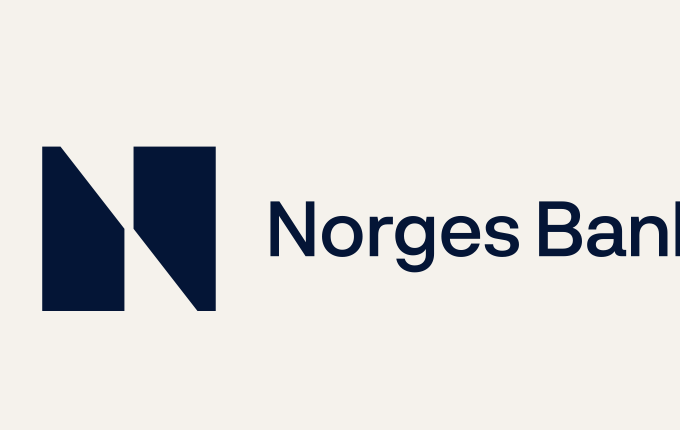
Fintech Joins the Fight Against the Coronavirus
via Finovate blog
How are fintech companies lending their technology and talent to help the world better manage the COVID-19 pandemic? From insights into the impact on financial services to digital identity solutions to help with remote medical services, fintech companies from across the world are all-in when it comes to coping with the current global health crisis.
One of the key early posts on the impact of the coronavirus on financial services was put together by Jim Marous, co-publisher of The Financial Brand, owner of Digital Banking Report, and host of the Banking Transformed podcast. Looking at both negative and positive impacts of coronavirus on fintech, Marous’ How Will the Coronavirus Impact the Banking Ecosystem, is an excellent first stop.
Another worthwhile read is Ron Shevlin’s Forbes column, which lists fintech companies that are providing technology help during the crisis. The continuously updated list, started on March 23rd, currently has more than 125 companies that are “extending free, discounted, or accelerated deployment offers to financial institutions.”
Here’s a look at three ways that fintechs and financial services companies are doing their part to make a difference.
Safety First
In times of crisis, leadership is paramount. Much of the fear and anxiety that comes with tough times can be alleviated by giving people and institutions clear guidelines on what the best practices are in order to manage the challenge.
In this regard, credit to the American Bankers Association for their guidance to community banks, issued earlier this week, on the importance of communicating “early and often” with customers. As a dinosaur who still visits his bank branch a couple of times a month, I have found it fascinating – and a little disconcerting, at first – to watch my local bank transition from gloved bank tellers (and no more free cookies!) to drive-up service only.
With this in mind, the ABA both encouraged branches to emphasize their digital channels, as well as provided suggestions on how to make in-branch visits safer for those customers who still required that access. Similar recommendations on personal responsibility (“if you feel sick, stay home”) as well as social distancing were made for bank employees whose jobs require them to be physically onsite.
Go Digital
The trend toward cashlessness and digital currencies is one area of fintech that will be positively affected by the social distancing of the COVID-19 crisis. Both the central bank of Russia and the National Payment Corporation of India have urged citizens in their respective countries to use digital payments in lieu of cash to help stem the spread of the coronavirus.
Africa, where mobile payments have helped contribute to financial re-inclusion, is also finding these technologies to be a potential resource for supporting public health. With cash deemed a conduit for the spread of the coronavirus by the World Health Organization, countries where mobile payment technologies are emergent are likely to see an even more accelerated rate of mobile and digital payments adoption.
Note that Safaricom, the telecommunications company behind the region’s leading mobile money service, M-Pesa, announced that it would waive fees on all P2P transactions under $10 for three months. Mobile money services in Ghana also have been encouraged by the country’s central bank to waive fees and lower KYC requirements to ensure access.
Maybe the image of a dystopian future in which books are incinerated will be replaced by one where massive bundles of cash put to the figurative – if not literal – torch. ” ATM Marketplace’s David Jones recently reported a conversation with an analyst who granted that reports of cash being disinfected or burned in Asia are making a pretty good case for the future of contactless payments.
Serve Somebody
Conducting their normal operations is one of many challenges businesses are facing at present. Fortunately, firms like U.K.-based challenger bank NorthOne are providing free banking services to SMEs and restaurants during the crisis.
“Small business owners across the country are having incredibly hard conversations right now around the kitchen table and desperately trying to figure out how they can keep the lights on through this crisis,” NorthOne co-founder and CEO Eytan Bensoussan said. “The last thing they need to worry about is finding a branch or paying bank fees.”
But the loss of revenue due to the various lockdowns and stay-at-home orders issued in many countries is even more of an acute problem. While governments haggle over publicly-sourced solutions for small businesses, a group of U.K. fintechs in the lending business – Trade Ledger, Wisefunding, and NorthRow – have teamed up to offer a turnkey origination and underwriting platform to enable banks and lenders to digitally fund SMEs.
“The government’s capital injection is a massive boost to an underserved market at an extreme time of need,” Trade Ledger CEO Martin McCann said, “but it’s impact will be lost if lenders aren’t able go get these loans to their customers quickly.”
The technology community in general, and to some degrees fintech, as well, has come under various strains of criticism of late. From overvaluation to questions of work culture to concerns that the innovations of Silicon Valley increasingly cater to the young and affluent, many of these critiques have merit. But all that said, as many of these companies are showing, there may be in the current crisis an opportunity for technology – and fintech – to remind the world of its enduring value to us all.





